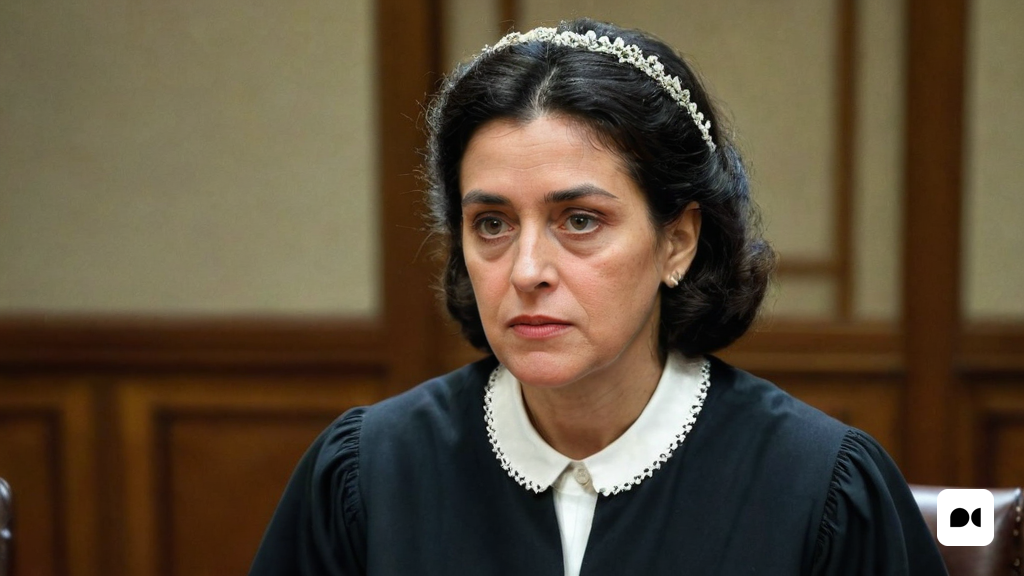Refuse to investigate the crimes and tortures of the Franco regime
In Spain, the investigation of crimes and torture committed during the Franco regime remains a controversial issue. Recently, the head of the court of inquiry 3 of Barcelona, the magistrate Gonzalo de Dios Hoyo, has refused to accept the complaint filed by the twin brothers Maribel and Pepus Ferrándiz against agents of the Political-Social Brigade for torture in the Prefecture of Via Laietana in 1971. Despite the request of the Barcelona Prosecutor’s Office and the support of the Human Rights and Democratic Memory prosecutor, Dolores Delgado, the magistrate has argued that the validity of the amnesty law of 1977, which extinguishes all criminal liability committed during the dictatorship, is the main obstacle to carrying out this investigation (https://www.softcatala.org/resum-de-textos-en-catala/).
Reactions and legal remedies
The Barcelona Prosecutor’s Office has already submitted an appeal to the Barcelona High Court against the filing resolution, with the aim of investigating the reported torture. This is not the first time that a complaint related to the crimes of the Franco regime has been rejected by a Barcelona magistrate. The law of democratic memory, despite being a key tool for the claim of justice, has not repealed the Amnesty law of 1977, which has generated controversy and prevented the investigation of these crimes (https:// www.softcatala.org/resum-de-textos-en-catala/).
Crimes that do not prescribe
From Iridia, the organization that has filed the two lawsuits, has defended itself by stating that crimes against humanity never have a statute of limitations. However, the magistrate who dismissed another complaint has argued that the reported events are time-barred and amnesty, since the crime of torture did not exist at that time. This has generated a debate about the need to repeal the 1977 amnesty for crimes excluded from responsibility, a demand that has been supported by international human rights organizations (https://www.softcatala.org/resum-de-textos- in Catalan/).
Political repercussions
The response of the Barcelona Court and the consideration of the new law in these cases are aspects that are closely monitored. While the Prosecutor’s Office of Democratic Memory defends the new rule as a guarantee of the victims’ right to know the truth, the Spanish government has announced that it will submit an appeal to the Constitutional Court against the offensive of Vox and the PP to repeal this rule, wherever govern (https://www.softcatala.org/resum-de-textos-en-catala/).

